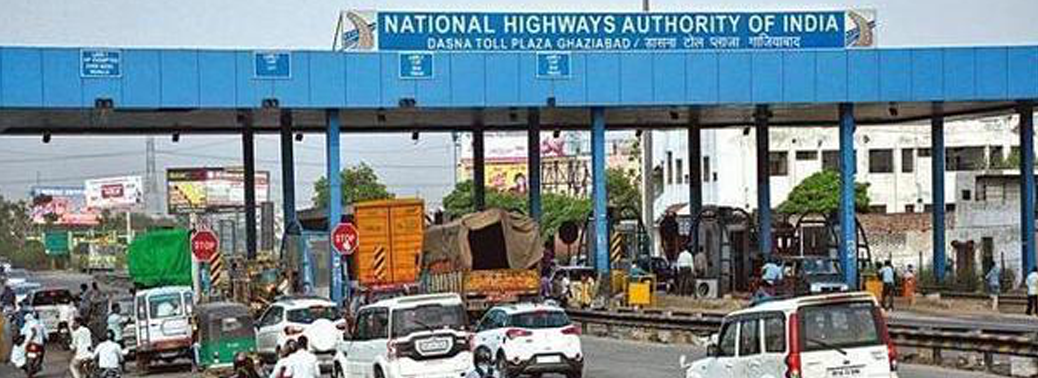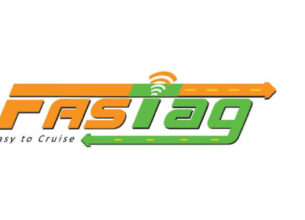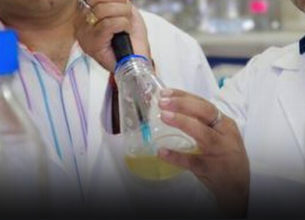YEAR END REVIEW 2019 – MINISTRY OF ROAD TRANSPORT & HIGHWAYS
02, Jan 2020

Prelims level : Infrastructure- Road, Inland, Railway, Aviation, Housing- Rural and urban
Mains level : GS-II Infrastructure; Energy, Ports, roads, Airports, Railways, Etc
Major initiatives of the Ministry of Road Transport & Highways in 2019:
National Electronic Toll Collection (NETC) program:
- The Ministry of Road Transport and Highways has launched the National Electronic Toll Collection (NETC) program which provides for the collection of user fee through FASTags based on RFID technology.
- In order to save fuel, time and pollution and to ensure seamless movement of traffic, it has been decided to enable all lanes in Fee Plazas for electronic toll collection program through FASTags.
- The Ministry is trying to bring inter-operability of the FASTags with the State Governments so that a single FASTag can be used both at State Highways Toll Plaza and National Highways Toll Plaza.
- An NHAI Prepaid Wallet was also launched giving customers the choice of not linking their FASTags to their bank accounts and includes the feature of UPI recharge.
State Support Programme:
- A State Support Programme aimed at incentivising the states to improve their road safety performance is proposed to be launched to reduce the overall fatalities by road accidents by 25% by 2024.
- With a view to accurately recording the accident details so that timely corrective action is undertaken a geo-tagged accident data collection programme would be launched under the project “Integrated Road Accident Database (IRAD)”.
The Motor Vehicles (Amendment) Act, 2019:
- The Motor Vehicles Act, 1988 is the principal instrument through which road transport is regulated in the country.
- The same has been amended for the first time in a comprehensive way after thirty years by the Motor Vehicles (Amendment) Act, 2019, passed by the Parliament and published in the Gazette of India in August 2019.
- The Act will bring reforms in the area of road safety, bring citizen facilitation, transparency, and reduce corruption with the help of information technology and removing intermediaries.
- The Act will strengthen public transport, safeguard and protect Good Samaritan and reform the insurance and compensation regime.
- It will allow innovation and new technologies such as driverless vehicles, to be tested in a live environment and increase efficiency in research.
- The Act will facilitate physically handicapped people by allowing motor vehicles to be converted to adapted vehicles with post-facto approval and facilitating licence to drive adapted vehicles.
- The provisions of compensation and post-accident treatment have been amended and measures will be taken to provide cashless treatment for accident victims.









